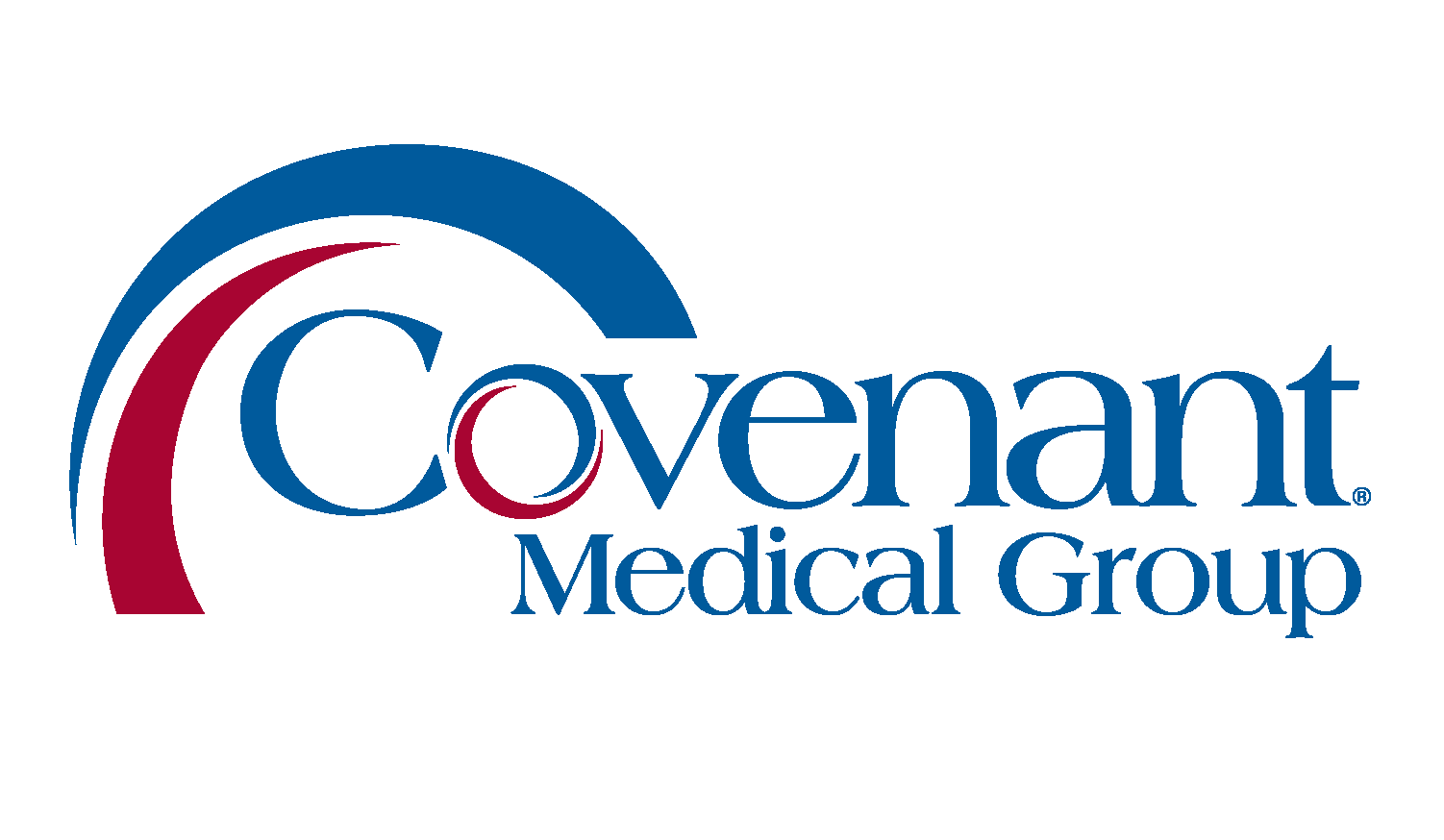 If you’re facing a mastectomy, no doubt you have many questions about your options and how to achieve the best possible outcome from your breast cancer surgery. We know these considerations can be overwhelming, but know that you’re not alone at any point before, during, or after the surgery. We’re here to help you process your options and make the decisions that best serve you. The following four key questions offer a solid start to deciding which path is right for you.
If you’re facing a mastectomy, no doubt you have many questions about your options and how to achieve the best possible outcome from your breast cancer surgery. We know these considerations can be overwhelming, but know that you’re not alone at any point before, during, or after the surgery. We’re here to help you process your options and make the decisions that best serve you. The following four key questions offer a solid start to deciding which path is right for you.
- What are my options, including the pros and cons?
A mastectomy procedure removes all of the breast tissue, so understandably you’ll wonder what your options are for reconstructing the shape of your breast. Think about how important a permanent breast shape will be to you, and if you want to have your breast reconstructed or not. If you do, the process will begin during your mastectomy surgery with the insertion of a tissue expander that will be inflated once a week. After about two to four months you’ll undergo surgery to remove the tissue expander and have the final implant placed.
Ask your doctor what you can expect your breast to look and feel like with or without reconstruction. Some women opt for reconstruction while others don’t want to undergo the additional surgery. And other women choose to use a breast form or prosthesis that can be slipped inside the bra. It’s a personal choice, and there is no right or wrong decision.
Regarding the surgical scar, ask if you’re a candidate for a Nipple Sparing Mastectomy with Hidden Scar Surgery and reconstructive implants. With this procedure, the incision is made in the natural crease beneath your breast and the breast tissue is removed but your nipple is left in place. The breast is then reconstructed with an implant so that the breast will hide the surgical scar. Although it won’t be exactly like your breast before surgery, it should look more natural with your nipple intact and the scar not as visible as with traditional surgery techniques.
- How many procedures are involved and what’s the recovery time of each?
Think about how many procedures you are willing to undergo, and consider where you fall on the spectrum of “as few procedures as possible” versus “as many as it takes to eradicate the cancer and restore my optimal cosmetic appearance.”
If you opt for reconstruction, the process will begin at the time of your mastectomy when your surgeon puts a tissue expander in place. After a series of inflations over several weeks, you’ll need a second surgery to insert the implant. Ask your doctor about any potential risks with reconstruction surgery, and what you should expect for recovery time.
- What if the cancer has spread to my lymph nodes?
If your doctor will be doing a Sentinel Lymph Node Biopsy at the time of the mastectomy, ask what will be need to be done should the biopsy show that cancer cells are present. Some surgeons will perform an axillary lymph node dissection while you’re still under anesthesia in order to remove the lymph nodes. Other breast surgical oncologists, like Dr. Margulies, choose to treat cancerous lymph nodes not with dissection but with radiation. The degree to which radiation controls the cancer and the risk of recurrence and mortality are the same as with surgical removal. However, radiation has a 50% lower risk of lymphedema.
- What will I need to do post-surgery, and what’s the recovery time?
Your doctor and care team will talk with you out about how long you should expect to be in the hospital, and what you’ll need to do once you return home. Ask about any restrictions on activities like driving and exercising, and about how you’ll be instructed to manage pain. As much as you might hope to jump back into your active role as a wife or mother at home, get an honest assessment of how much care support you may need and for how long.
While you most likely never expected that a mastectomy would be part of your journey, gathering as much information as you can will help you feel that you’re playing an active role in reclaiming your health. And don’t ever feel shy about reaching out to your doctor and care team with your questions and concerns. We’re your advocates, and are dedicated to walking with you every step of the way.
Dr. Aaron Margulies has a solo practice in Breast Surgical Oncology and General Surgery with an office at Tennova Turkey Creek Medical Center in West Knoxville, at Tennova North Knoxville Medical Center in Powell, at Jefferson Memorial Hospital and in Newport. His extensive research and expertise in the most advanced surgical treatments of breast cancer have distinguished him as a leader in the field. To learn more about Dr. Margulies’ compassionate surgical care approach visit www.aaronmd.com or call (865) 692-1610.
